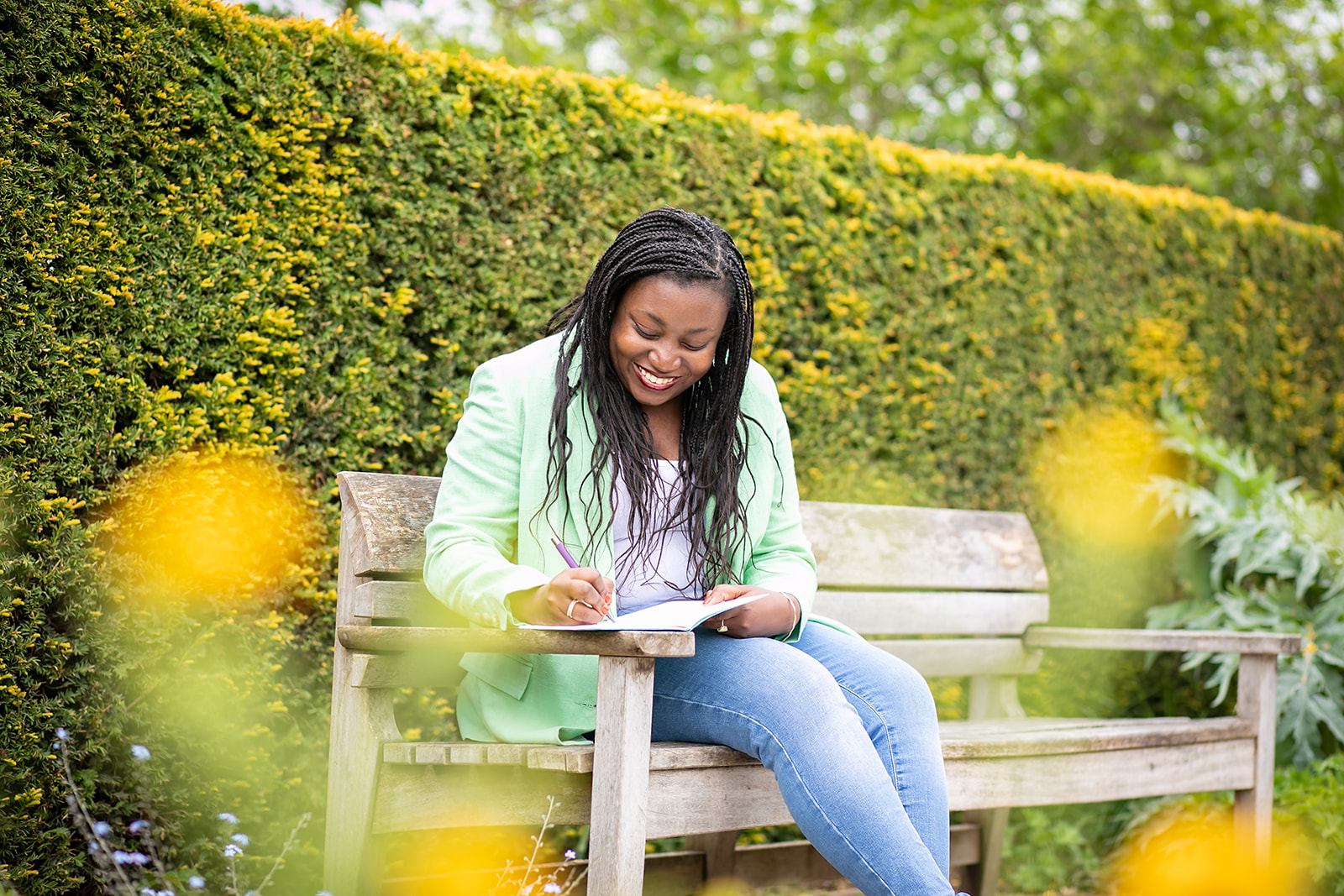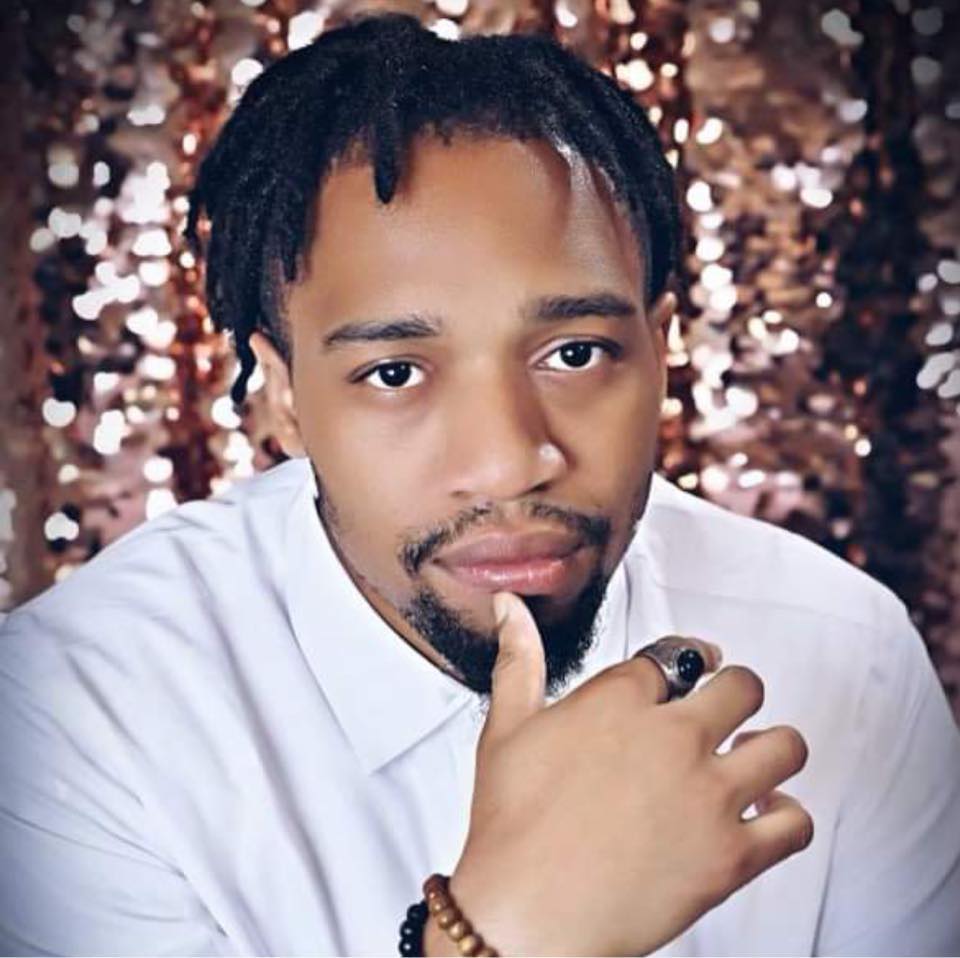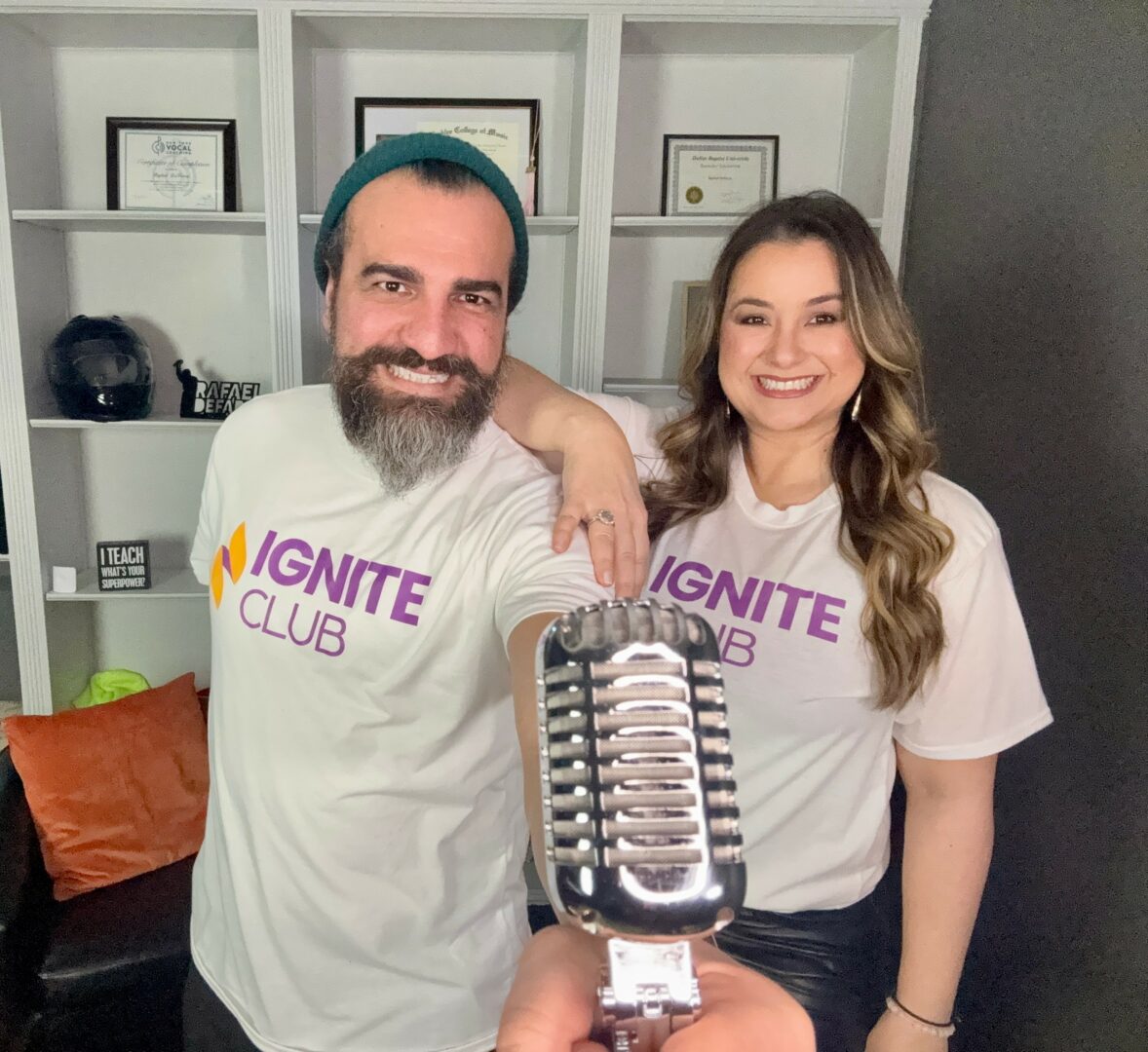We recently connected with Julia Brodsky and have shared our conversation below.
Hi Julia, great to have you with us today and excited to have you share your wisdom with our readers. Over the years, after speaking with countless do-ers, makers, builders, entrepreneurs, artists and more we’ve noticed that the ability to take risks is central to almost all stories of triumph and so we’re really interested in hearing about your journey with risk and how you developed your risk-taking ability.
I don’t think I ever specifically worked on it—I was just naturally curious and ready to try new things. As a child, I loved climbing trees and rocks, biking far from home, meeting new friends, and coming up with random project ideas like writing fairly tales, inventing board games or building kites. Sci-fi and adventure stories fascinated me, and I loved imagining myself as the hero. Inspired by “The Three Musketeers,” I started taking foil fencing, outdoor orienteering classes, and theater in middle school. My parents also played a big role, taking me on month-long whitewater kayaking trips above the Polar Circle or backpacking in the mountains every year. As a young adult, I moved to another country, became an astronaut instructor, raised three kids, wrote a book, started my own business. Each of these experiences helped me become more comfortable with taking risks. Now, I work as a risk manager for an ambitious NASA project, Mars Sample Return. I hope my risk-handling skills will prove valuable in this role.

Appreciate the insights and wisdom. Before we dig deeper and ask you about the skills that matter and more, maybe you can tell our readers about yourself?
As a parent and educator, I worry about the world our children will inherit. During the pandemic, I started an educational program called Art of Inquiry (www.artofinquiry.net), teaching middle school children astrobiology, cognitive sciences and AI, existential risks, and worldbuilding. These subjects are crucial as humanity enters a new era—a world of genetic engineering, sophisticated AI, emerging technologies, dramatic ecological changes, and the rising symbiosis between sciences and humanities. This new world presents unique challenges, requiring more wisdom to avoid harm to ourselves and the planet.
Art of Inquiry classes on astrobiology, cognitive sciences and worldbuilding contribute to the development of open-mindedness, fearless inquiry, critical thinking, and a big-picture perspective. Astrobiology offers a unique opportunity to develop these skills, as it concerns new worlds and humanity’s future. Cognitive sciences help children reflect on their minds and limitations, while AI preparation ensures they are ready for the future. Worldbuilding encourages responsibility, imagination, teamwork, and analytical skills. Developing this curriculum and engaging with the children has been exciting and intellectually stimulating.
After Russia invaded Ukraine, I felt compelled to address the educational needs of displaced children. Together with Dr. Julia Turchaninova and Dr. Sasha Kaurov, under the Blue Marble Space Institute of Science (www.bmsis.org), we started Earthlings Hub (www.earthlingshub.org), a nonprofit serving displaced Ukrainian children. We offer over 30 multidisciplinary classes per week, webinars with leading scientists, psychological support for parents, and professional development for educators.
Recently, I returned to work on NASA’s flagship mission, Mars Sample Return. Here, I utilize my risk management and systems engineering skills, foster collaboration between space centers, and contribute to astrobiology and the search for life in the universe. As a side project, I also edit an Anthology of Astrobiology Education to be published next year, featuring over 20 fantastic astrobiology educators from all over the globe.

There is so much advice out there about all the different skills and qualities folks need to develop in order to succeed in today’s highly competitive environment and often it can feel overwhelming. So, if we had to break it down to just the three that matter most, which three skills or qualities would you focus on?
The first most impactful thing for me was an early introduction to poety and my attempts to write my own poems. Masterful poetry is an exquisite and incredibly compact way to express the beauty and complexity of the world. It’s also a great way to discover the new knowledge, not by logic, but rather a sort of meditation. Poetry is an exercise in facing the unknown, letting the unknown rule and come into your life, and allowing life to unfold in unexpected ways.
The second thing that always attracted and fascinated me is what Lev Vygotsky calls the talent for love, profound capacity for love and deep human connection. He said, “Love can reach the same level of talent, and even genius, as the discovery of differential calculus.” While I may not possess much of this talent myself, I deeply admire those rare individuals who do. I’ve been fortunate to meet several such people in my life, and it was an incredible gift to observe them and be near them. Their presence can be truly transformative.
The third quality I would mention is the ability to live life fully, despite the circumstances—the ability to enjoy each moment, each movement, breath, smell, smile, hug, eye contact. This focus helps you find joy and meaning in everyday experiences, regardless of external challenges – and this is something I would love to cultivate in myself.

Before we go, maybe you can tell us a bit about your parents and what you feel was the most impactful thing they did for you?
My parents allowed me to stay around when their friends came over, and join their conversations. It was the best education possible – learning what adults were worried or excited about, observing how they thought, constructed their arguments, paid attention to unobvious things, cared for each other’s feelings, and shared and built on each other’s thoughts. By being part of these discussions, I learned to listen to different viewpoints and develop a deep appreciation of the world. I am truly grateful to my parents for giving me the opportunity to grow in such a rich intellectual environment.
Contact Info:
- Website: https://www.artofinquiry.net/
- Linkedin: https://www.linkedin.com/in/juliabrodsky/


so if you or someone you know deserves recognition please let us know here.




